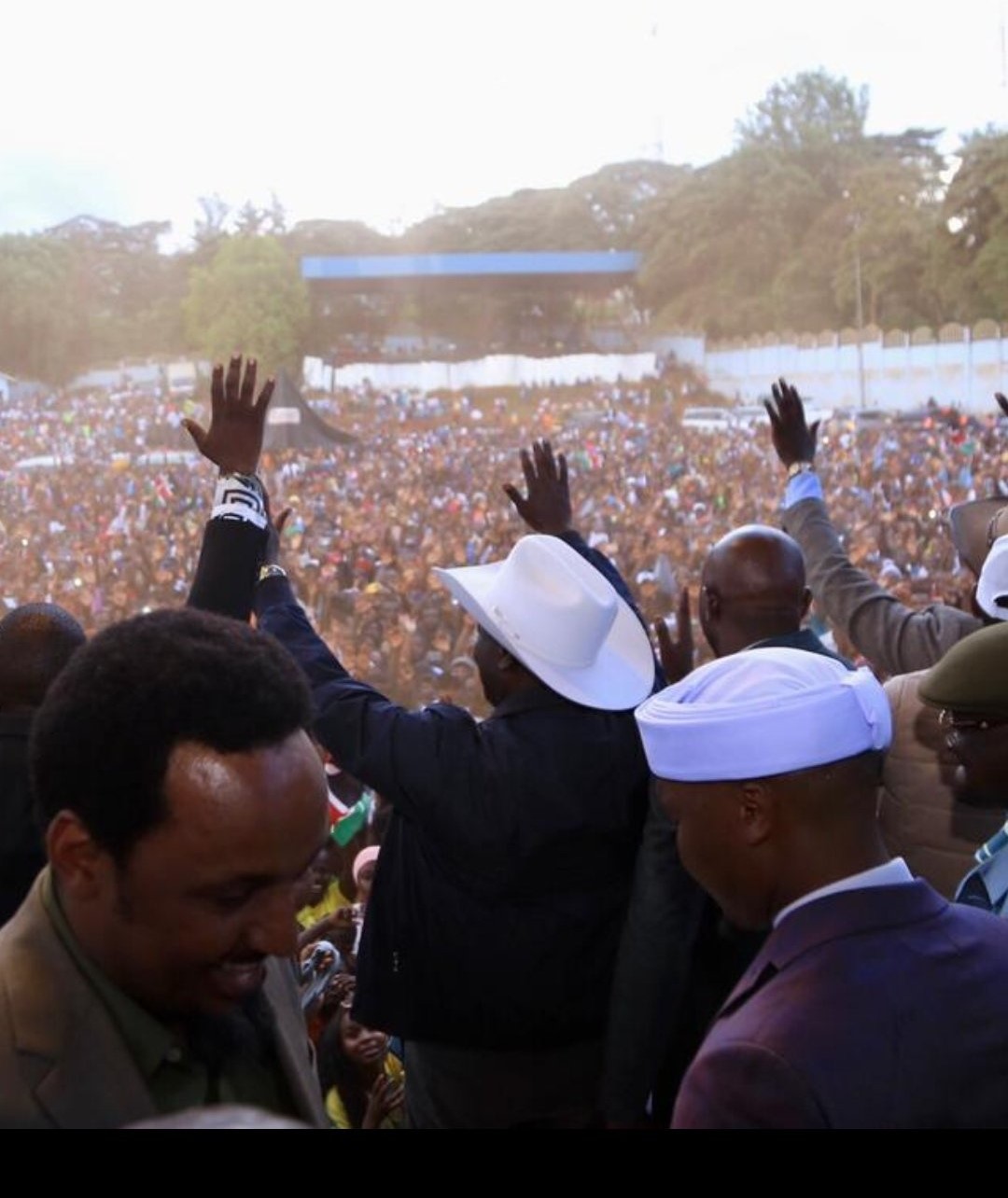In a letter dated September 9, 2024, National Treasury Cabinet Secretary John Mbadi requested the State Law Office’s advice on how to navigate the situation, emphasizing the urgency of ensuring that counties do not face a total operational breakdown. “In the absence of the County Allocation of Revenue Act, 2024, the National Treasury seeks your legal opinion on how to facilitate disbursement of equitable shares to county governments for the 2024/25 financial year,” his letter stated
The financial struggles devolved units face are expected to persist as the national government works late into the night to resolve a legal deadlock preventing the release of essential funds to the cash-strapped counties. A significant factor complicating the National Treasury’s ability to distribute these funds is President William Ruto’s failure to approve the County Allocation Revenue Bill 2024.
This occurred following the withdrawal of the Finance Bill 2024, which aimed to generate over Ksh 316 billion in revenue for the upcoming financial year. The County Allocation Revenue Bill is critical because it outlines how much each 47 counties should receive each month. After retracting the Finance Bill 2024, President Ruto did not endorse the proposed law. Currently, the Division of Revenue (Amendment) Bill 2024 suggests allocating Ksh 380 billion to county governments from the national revenue, which is Ksh 20 billion less than the Ksh 400 billion initially earmarked in the Division of Revenue Act (DORA) 2024.
Caught in this predicament, National Treasury Cabinet Secretary John Mbadi has reached out to Attorney General Dorcas Oduor for legal guidance on how to proceed with fund disbursement in the absence of the County Allocation of Revenue Act, 2024. Counties are already grappling with severe financial crises, with many unable to pay staff for the past three months, leading to employee strikes demanding their salaries.
In a letter dated September 9, 2024, Mbadi requested the State Law Office’s advice on how to navigate the situation, emphasizing the urgency of ensuring that counties do not face a total operational breakdown. “In the absence of the County Allocation of Revenue Act, 2024, the National Treasury seeks your legal opinion on how to facilitate disbursement of equitable shares to county governments for the 2024/25 financial year,” his letter stated.
Regulation 134(1) of the Public Finance Management (National Government Regulations, 2015) allows the Controller of Budget to authorize withdrawals of up to 50 per cent from the consolidated fund if the County Allocation of Revenue Bill has not been approved by the start of the financial year. However, this withdrawal is contingent on the last approved County Allocation of Revenue Act.
Mbadi argues that this regulation lacks a solid legal basis in the parent law, citing a 2019 Supreme Court advisory that stated the percentage should be based on the equitable allocation to counties in the previous year’s Division of Revenue Act. Article 222(2)(b) of the Constitution also supports the withdrawal of 50 per cent of the total equitable share from that Act.
“There is uncertainty regarding whether the previous advisory is applicable in the current context, where we have a Division of Revenue Act for 2024 but no approved County Allocation Revenue Bill,” Mbadi wrote to Oduor.
He also pointed out that the Public Management Act 2012 does not provide an alternative legal method for disbursing county governments’ equitable shares if there is a delay in passing the annual County Allocation of Revenue Bill.
The National Treasury has already proposed an amendment to the Division of Revenue Act, recommending a decrease in the equitable share to county governments from Ksh 400.1 billion to Ksh 380 billion. As the County Allocation Revenue Act, which governs the transfer of funds to counties, has not been enacted, the Treasury has put forth this proposal for amendment.





